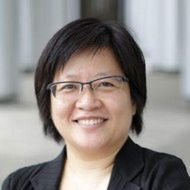Political significance of former Taiwan President Ma Ying-jeou's China visit
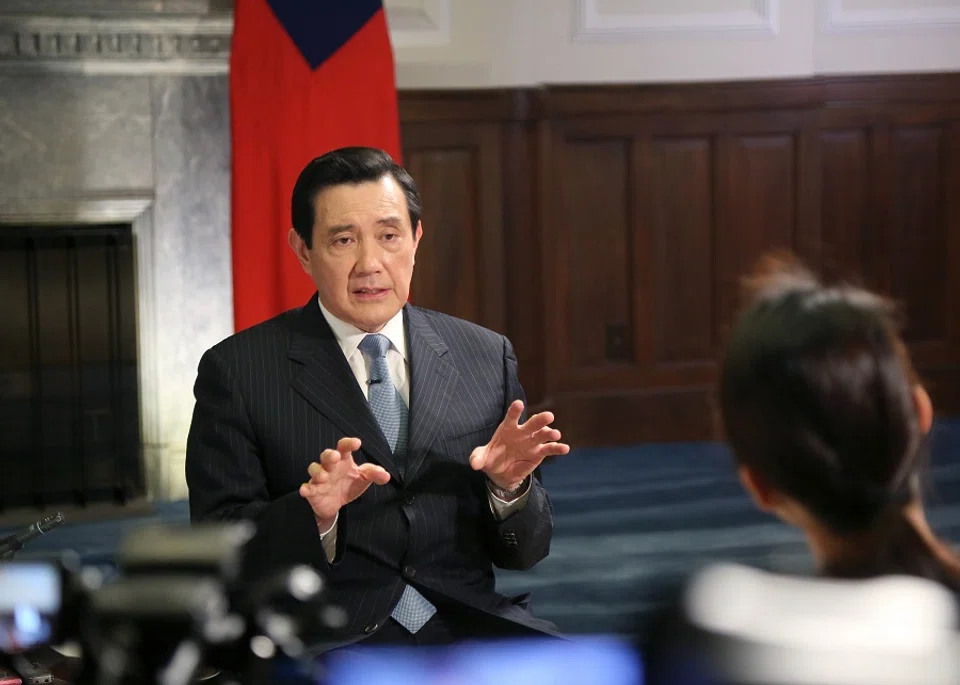
Former Taiwan President Ma Ying-jeou unexpectedly announced on 19 March that he would be visiting mainland China next week to pay homage to his ancestors. The news was like a thunderclap rocking Taiwan's political scene.
Ma will become the first former Taiwan president to set foot in mainland China since the two sides split 74 years ago. Taiwanese media reported that Kuomintang (KMT) chair Eric Chu Li-luan was only informed of the news late on 19 March evening. Senior KMT officials initially reacted negatively, saying, "This is bad! Big change in next year's presidential election!" Others also questioned if Ma had ambitions to run again for the presidency.
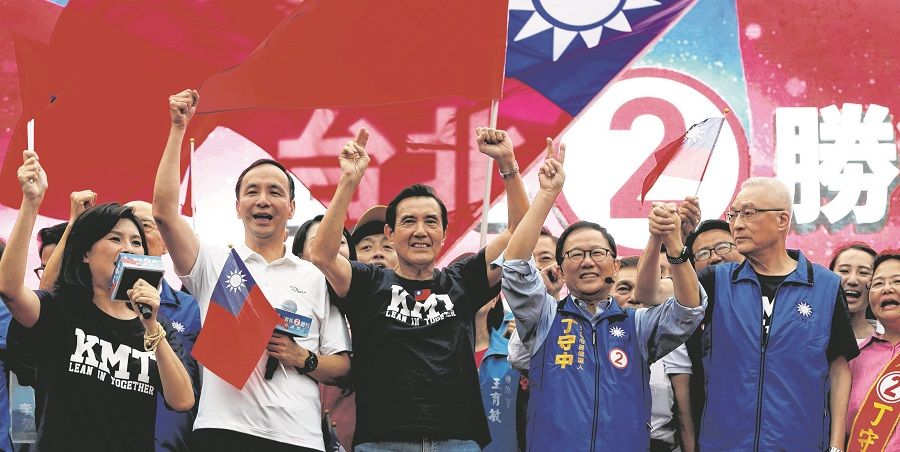
But when the Blue camp finally realised that the main purpose of Ma's visit was to pay respects to his ancestors and to interact with the youths - and not to meet mainland Chinese President Xi Jinping, which would result in a second Ma-Xi meeting that the KMT is wary of - they heaved a sigh of relief and showed a complete change in attitude, exclaiming, "This is great!"
Packed 12-day itinerary
Seventy-three-year-old Ma will be accompanied by his four sisters and 30 Taiwanese students on this trip. He intentionally avoided a stop in Beijing and will mainly visit central mainland China. His itinerary provides much food for thought.
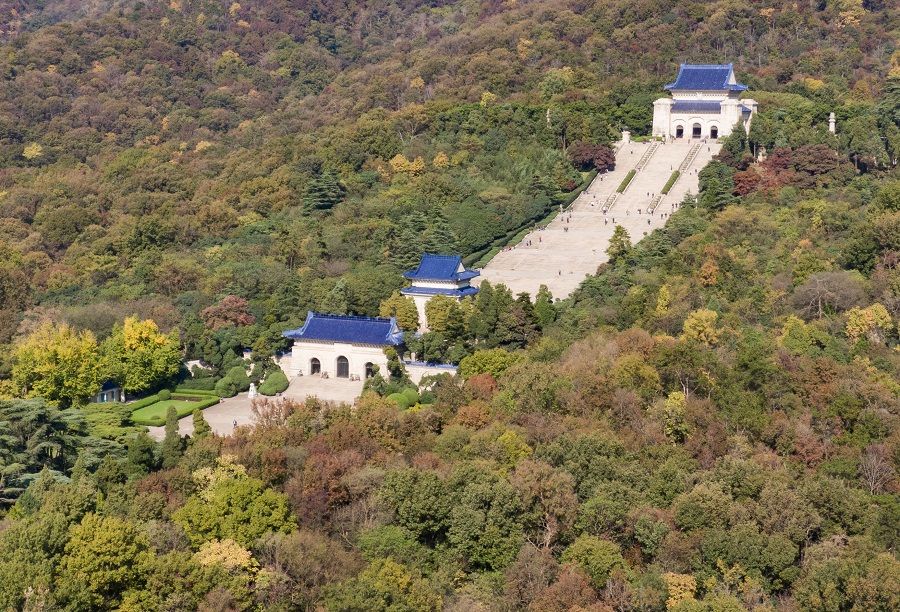
Landing in Shanghai on 27 March, Ma will first visit Dr. Sun Yat-sen's Mausoleum in Nanjing, before making his way to the former site of the Presidential Office of the Republic of China (ROC) during the KMT's rule in China. He will also visit the former residence of Dr. Sun Yat-sen; the Memorial Hall of the Victims in Nanjing Massacre by Japanese Invaders; and The Second Historical Archives of China, which houses archival materials of central institutions during the ROC era.
Next, he will visit the Museum of Wuchang Uprising of 1911 Revolution in Wuhan, and take the high-speed rail to Changsha to visit his mother's alma mater, Zhounan High School. He will then head to his hometown in Xiangtan city's Baishi town to pay respects to his ancestors; visit his father's alma mater, Yueyun Middle School; and tour the Hunan University science centre, one of the sites where the Japanese surrender ceremony was held at the end of the war.
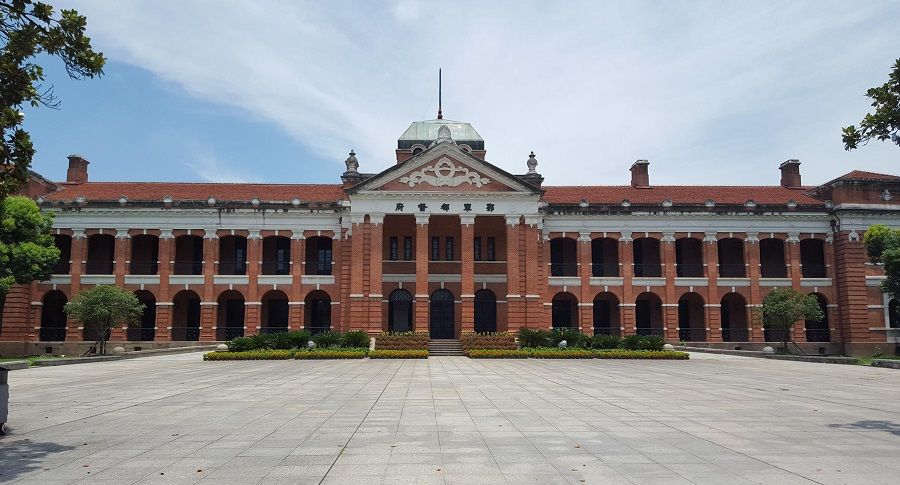
During the second half of his 12-day itinerary, Ma will visit Chongqing, the wartime capital during the ROC era; the Central Political Institute, his father's alma mater; and the mausoleum of revolutionary martyr Zhang Zizhong, a KMT general killed during the War of Resistance Against Japanese Aggression.
Lastly, he would return to Shanghai to visit the Sihang Warehouse Battle Memorial, as well as the Peace Hotel, where Sun Yat-sen famously said, "The Revolution has not yet succeeded. Comrades, you must carry on!" The second meeting between Wang Daohan, then president of the mainland-based Association for Relations Across the Taiwan Straits, and Koo Chen-fu, chair of the Taiwan's Straits Exchange Foundation, also took place at the Peace Hotel.
Ma is alluding to the legitimacy of the ROC, highlighting the historical fact that the mainland was once ruled by the KMT, and underscoring the significant contributions and sacrifices of the National Revolutionary Army during the Second Sino-Japanese War.
Tracing the origins of ROC in mainland China
Ma is also set to visit Nanjing, the capital of the ROC; Wuhan, the provisional capital of the KMT; and Chongqing, the wartime capital during the ROC era. Starting from paying respects to his ancestors ahead of the Qingming Festival, Ma is also tracing the origin and development of the ROC in mainland China.
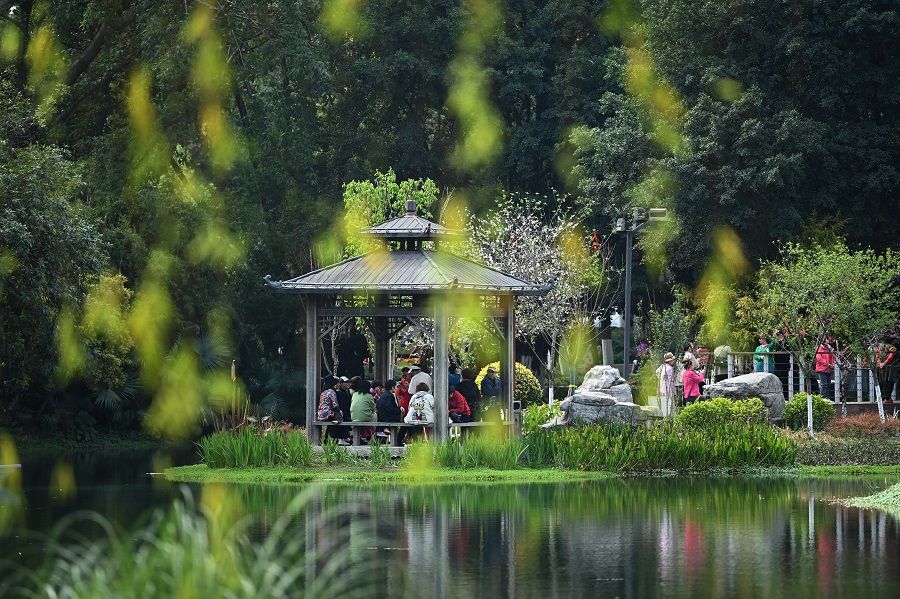
By kicking off his trip with a visit to Dr. Sun Yat-sen's Mausoleum and the former site of the ROC's Presidential Office, Ma is alluding to the legitimacy of the ROC, highlighting the historical fact that the mainland was once ruled by the KMT, and underscoring the significant contributions and sacrifices of the National Revolutionary Army during the Second Sino-Japanese War.
Compared with 2005, when former Taiwan Vice-President Lien Chan first visited the mainland for an eight-day peacemaking tour, Ma's upcoming 12-day trip is not only longer but also of greater political significance. Notably, Beijing provided much space for Ma to plan his trip, which can be said to be an extraordinary privilege, demonstrating the trust of China's top leaders in Ma and their rapport with one another.
Ma will also have the chance to make public speeches in the mainland; including at Dr. Sun Yat-sen's Mausoleum, and student forums at three universities. It is said that Ma is worried about the growing hostility between the youths on both sides of the Taiwan Strait, and believes that it is necessary to promote mutual understanding through exchanges.
Beijing approved of his sentiment, showing that while the West continues to propound the idea of "Ukraine today, Taiwan tomorrow", mainland China does not want to be held hostage by war-hungry public opinion, and does not want cross-strait violence.
A spokesperson for the Taiwan Affairs Office (TAO) also said on 20 March that paying respects to ancestors around the Qingming Festival is a tradition shared by people on both sides of the Taiwan Strait, and mainland China welcomes Ma to visit and lead Taiwan students for exchanges, and is willing to offer necessary support.
Given the circumstances, it would be natural and reasonable for Ma to refer to the "Republic of China" in mainland China, and Beijing is probably prepared for it.
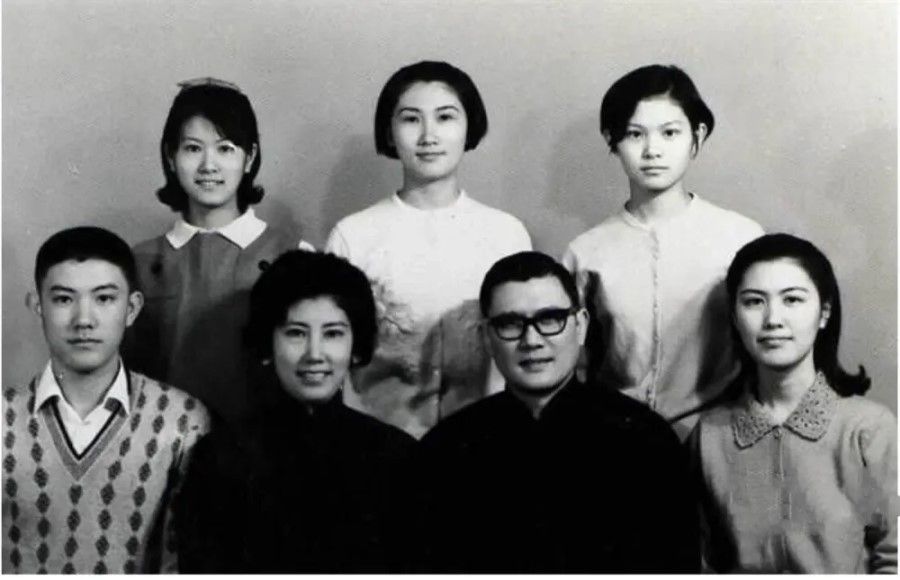
According to Taiwan media, the welcome team in Chongqing is likely to give Ma Ying-jeou a warm reception and has already started to gather information about his father Ma Ho-ling and his time in the Central Political School.
Given the circumstances, it would be natural and reasonable for Ma to refer to the "Republic of China" in mainland China, and Beijing is probably prepared for it.
A pawn for reunification?
This is an opportunity for Ma's words and actions to remove the stigma in Taiwan over the 1992 Consensus, the core of which is the "one China" principle and seeking reunification. However, Taiwan feels that each side of the Taiwan Strait has a different idea of "one China" (the Republic of China and the People's Republic of China), while Beijing does not admit that there is a difference but agrees not to go into the political meaning of One China in the discussions of functional affairs.
This creative ambiguity of a consensus to mutually not deny the existence of the other, previously allowed the status quo to be maintained while encouraging exchanges. However, since 2019 when Beijing proposed the "two systems" model for Taiwan, the 1992 Consensus was deemed akin to "one country, two systems", and was rejected by voters around the time of the last presidential election - even some Kuomintang members also steered clear of the issue.
If Ma can remove the stigma of the 1992 Consensus with his visit, that would be a positive result for himself and for Beijing. Of course, this would depend on Beijing's tolerance of Taiwan's interpretation of the line in the 1992 Consensus that "both sides recognize there is only one China, but agree to differ on its definition".
In her Double Tenth Day (Taiwan's National Day) speech in 2021, Taiwan President Tsai Ing-wen spoke of the "commitment that the Republic of China and the People's Republic of China should not be subordinate to each other". She divided the history of the ROC into the 38 years before 1949 and the 72 years after, and referred to the Republic of China (Taiwan) without mentioning the ROC's legally constituted rule in mainland China. Indeed, Ma's visit highlights the shared history of the ROC in mainland China.
The biggest risk is that his trip might be painted as a betrayal of Taiwan and he could be seen as a pawn in mainland China's efforts to hasten reunification.
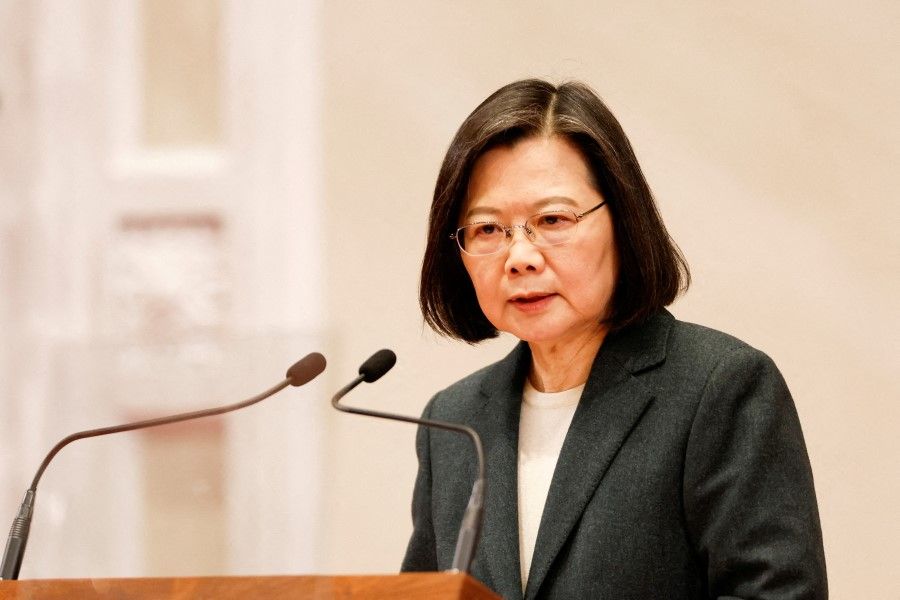
His visit would make up for the ramifications of Tsai's visit to the US at the end of this month, and would also check the ideology of the Blue camp, as well as localist political star Hou You-yi.
The biggest risk is that his trip might be painted as a betrayal of Taiwan and he could be seen as a pawn in mainland China's efforts to hasten reunification. This will require Ma to be tactful and mainland China to show restraint in avoiding using his visit to engage in too much manoeuvring in the struggle towards reunification. But amid intensifying tussling between China and the US, Beijing will probably be careful not to be too impatient.
As a seasoned politician, Ma's carefully planned post-pandemic visit to mainland China is aimed at influencing politics and building his own place in history, but also truly shows his sentiment for home and country.
Many are hopeful that the trip will be a win for himself and both sides of the Taiwan Strait. After all, maintaining the status quo is the biggest common denominator for the Taiwan Strait, while the whole of East Asia looks forward to peace. Lowering tensions is a necessary good.
This article was first published in Lianhe Zaobao as "马英九充满政治意涵的祭祖之旅".
